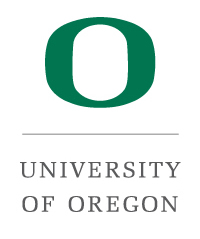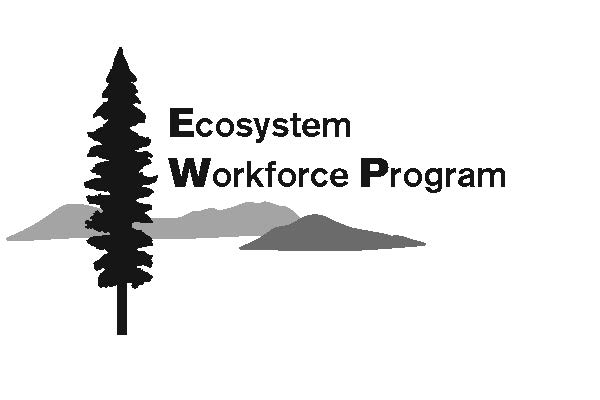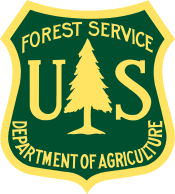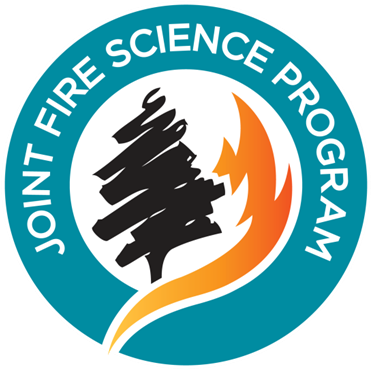Rethinking the wildland fire management system
| Title | Rethinking the wildland fire management system |
| Publication Type | Journal Article |
| Year of Publication | 2018 |
| Authors | Thompson, MP |
| Secondary Authors | MacGregor, DG |
| Tertiary Authors | Dunn, CJ |
| Subsidiary Authors | Calkin, DE, Phipps, J |
| Journal | Journal of Forestry |
| Volume | fvy020 |
| Keywords | resiliency, restoration, risk assessment and analysis, risk management, suppression, systems thinking, technical reports and journal articles |
| Abstract | In the western United States and elsewhere, the need to change society’s relationship with wildfire is well-recognized. Suppressing fewer fires in fire-prone systems is promoted to escape existing feedback loops that lead to ever worsening conditions and increasing risks to responders and communities. Our primary focus is how to catalyze changes in fire manager behavior such that responses are safer, more effective, and capitalize on opportunities for expanded use of fire. We daylight deep-seated, systemic drivers of behavior, and in so doing, challenge ingrained ways of thinking and acting that may be inconsistent with current intentions around wildland fire management. We pose the questions of whether all fires are emergencies that require rapid deployment and concentration of suppression resources, whether rhetoric and actions align with policy and guidance, and whether we can unambiguously define and measure what a safe and effective response looks like. Using the Forest Service of the US Department of Agriculture (USDA) as a relevant test case for systemic investigation, we argue that fundamental changes in how the fire management community thinks about, learns from, plans for, and responds to wildland fires may be necessary. Our intention is to initiate a broader dialog around the current and future state of wildland fire management. |
| DOI | 10.1093/jofore/fvy020 |




